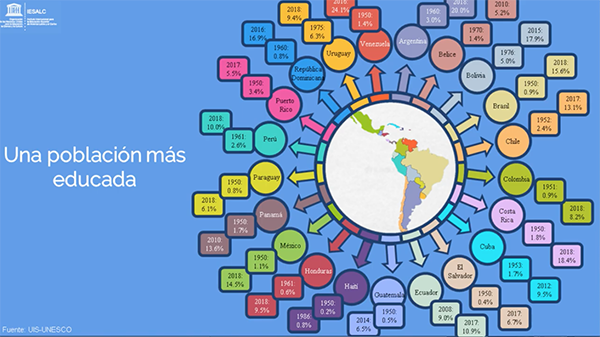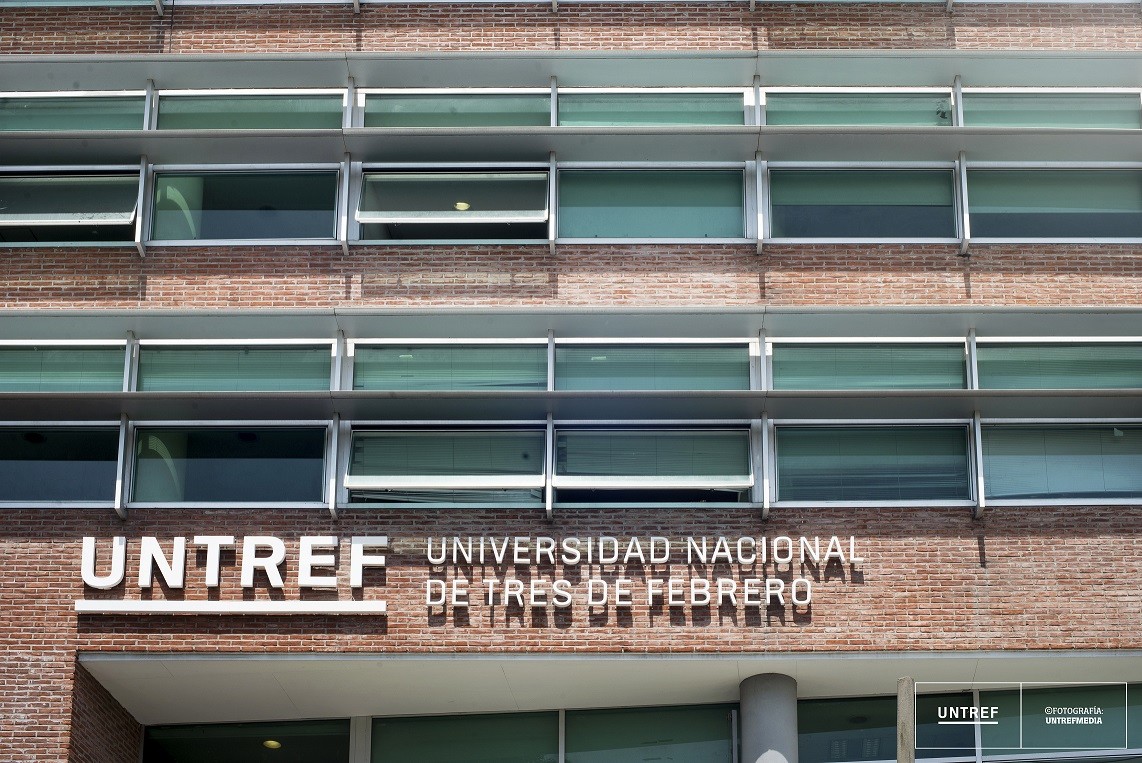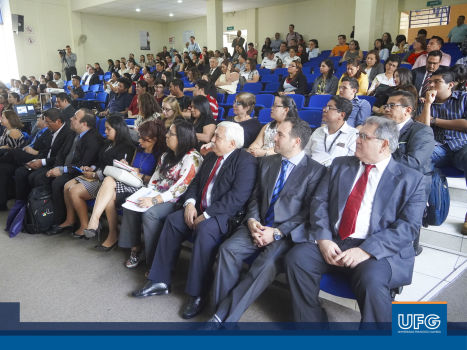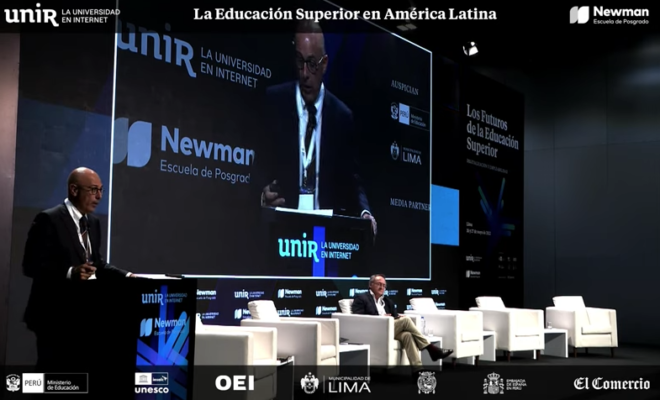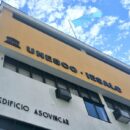What is the experience of Latin American universities in offering micro-credentials?

In a context where universities require greater flexibility and where it is crucial to align knowledge and skills with the demands of the labour market, micro-credentials have established themselves as an innovative and effective tool to develop and validate specific competences throughout adult life. These credentials allow acquiring and demonstrating practical knowledge in an agile and accessible way, responding to the dynamic demands of today’s professional world.
To this end, UNESCO IESALC and Red de Educación Continua de Latinoamérica y Europa (RECLA) have launched a survey to learn about the experience of Ibero-American universities in offering micro-credentials. Although there is no single definition of what constitutes a micro-credential, for this study it is understood as a certification that validates and recognises a specific competence or skill, verified through observable evidence and performance, and includes a learning assessment process.
The aim of this initiative is to obtain a clear picture of the current status, progress and perceptions of micro-credentials in the region. The survey targets university staff working in this area. The results, collected anonymously and analysed in aggregate, will be used to create a map of the current situation in Ibero-America and to design key recommendations for university leaders and policy makers in the region.
We invite you to participate in the survey (in Spanish), available until 30 November 2024:
RELATED ITEMS

